[dropcap]C[/dropcap]orruption can no longer be viewed as the “victimless crime”. Corruption is a crime against humanity. Corruption has existed since time immemorial; even in biblical scriptures corruption is present in many stories. The scourge of corruption in post-colonial Nigeria is gnawing at the progress that the country could be enjoying. Chairman Governing Board of Niger Delta Development Commission (NDDC), Senator Victor Ndoma-Egba, SAN, has stressed the need for the fight against corruption to be given total support by all Nigerians.
“Corruption is the big masquerade that has rendered our economy prostrate and almost grounding the Nigerian State. Nigerians have consciously or unconsciously, created systemic corruption in the polity and the trend has continued, said Ndoma-Egba.
The NDDC chief made the remark while delivering a paper titled: “Perspective on Economic Growth and Recovery Plan” at the just concluded annual conference of Nigerian Bar Association (NBA) held in Lagos.
” Corruption has grown enormously in variety, magnitude and brazenness because it has been extravagantly fuelled by budgetary abuse and political patronage. Consequently, public and private sectors funds were channeled to political allies, business surrogates, personal or family friends in the guise of contracts to execute public works of one kind or another,” the NDDC helmsman said.
Ndoma-Egba identified systemic corruption as one of the major constraints of economic planning in Nigeria that made all the previous development plans of government not to achieve the desired goal of advancing the country’s economy and making life better for the populace.
He observed that “There are several factors that breed corruption. Inefficient and incompetent bureaucracies as a result of intemperate States creation which has resulted in the institutionalization of essentially a unitary system of government and a nominal federalism is one of them. Corruption is very costly. Price Water House Coopers (PWC) believes that if the level of corruption in Nigeria were at the level of Ghana’s, Malaysia’s and Colombia’s, Nigeria’s economy worth USD 513 billion in 2014 would have been twenty two percent bigger. By 2030, PwC predicts that Nigeria’s economy should triple and that if Nigeria manages to reduce corruption to Malaysia’s level, the economy could be bigger by 37 per cent. The additional gain would be worth USD 534 billion after adjusting for inflation, about the current worth of the economy. Clearly, the price we are paying for corruption is needless.”
Ndoma-Egba urged the Federal Government to continue to demonstrate the zeal and determination to combat corruption, the hydra-headed monster sulking Nigeria and its citizenry. He suggested that the anti-graft agencies should be empowered with sufficient funding for them to be able to re-engineer their legal framework and do thorough job to ensure success in the anti-corruption war.
The former Senate Leader said: “In response to the current economic recession, the consensus among a cross section of Nigerians and policy analysts is that previous economic policies where the structure of the economy remained highly import dependent, consumption driven and undiversified with no culture of savings for the future and dilapidated infrastructure left the country ill-prepared for the recent collapse of crude oil prices and production.








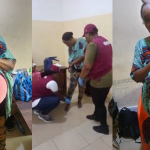
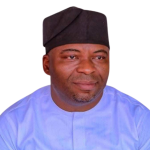

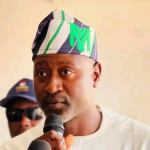
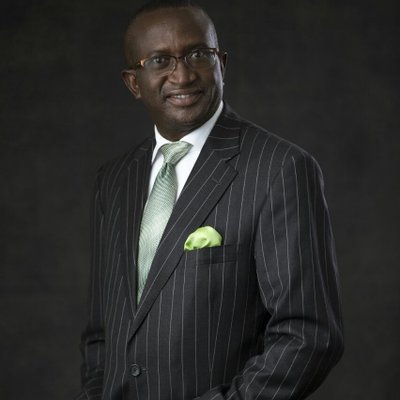

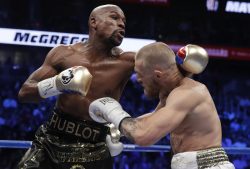
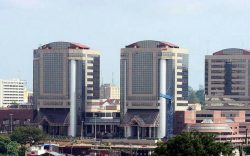




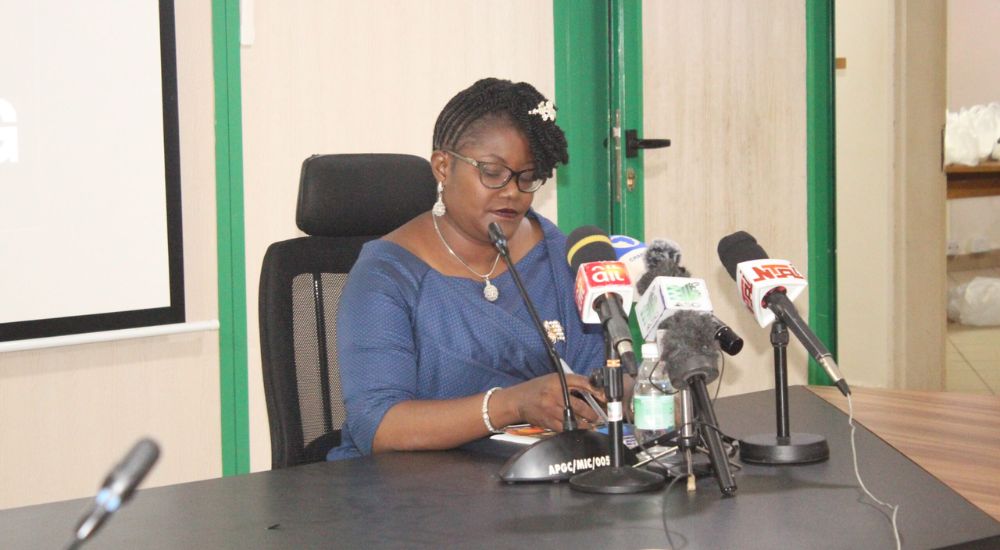


Leave a comment